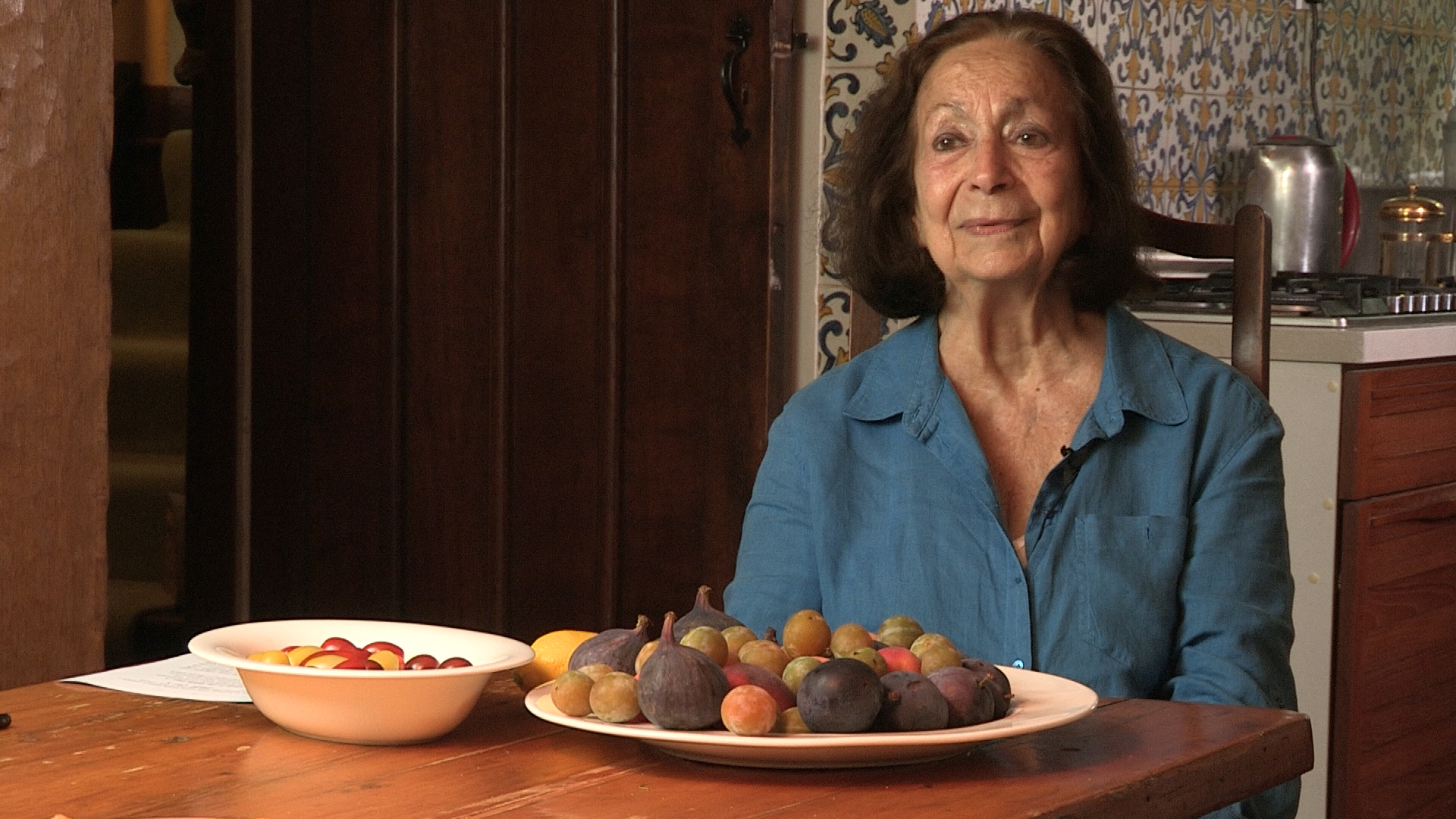NEXT STORY

Learning why my tabbouleh was wrong
RELATED STORIES

NEXT STORY

Learning why my tabbouleh was wrong
RELATED STORIES


|
Views | Duration | |
|---|---|---|---|
| 111. Meeting President Erdoğan | 1 | 02:55 | |
| 112. Regional cuisine in Turkey | 04:27 | ||
| 113. The diverse culture in Turkey | 01:41 | ||
| 114. The Couscous Festival | 02:02 | ||
| 115. Discovering the food of Lebanon | 03:29 | ||
| 116. Lebanese pastries and rosewater | 01:29 | ||
| 117. The greatest parties in Lebanon | 03:53 | ||
| 118. Lebanese party dishes | 02:44 | ||
| 119. A Jew in Lebanon | 2 | 03:46 | |
| 120. Zahle – the capital of mezze and arak | 2 | 04:03 |


The name Zahle for me has a huge importance in my imagination and in my memory. Because of what it represented to me in Egypt when I was a girl. Beirut was then the Paris of the Middle East. And a lot of my relatives, including my father, would sometimes go to Lebanon, to the mountains, to the valleys. They said they went to recuperate. For a rest. They went really because they wanted to be there. And they always came back about the stories of Zahle, where you would eat a hundred... even then they would say a hundred mezze. I think now they always say a hundred mezze. And they would tell of the foods, the new mezzes that they had discovered there. And so, for me, Zahle, I thought it doesn't exist. It's just in my dreams. But there it was. Zahle. And it is the capital of the world of mezze.
And it is where the Lebanese mezzes were born, and it is from there that they became the representative of mezzes in the whole Arab world. In all the Arab countries now, they do those mezzes that were born in Zahle. And what they were, they were... some of them at any rate, were the kinds of foods that they cooked in the countryside. In the villages, in the mountains. But why, it was because Zahle was on the banks of a river. And the river called Berdawni, I think. And it was a river with special water because of those waters, it is where they made arak. Arak is this alcohol with an anis flavour. And it's quite strong there. So, they were famous for arak, and also as Christians, there was also wine making there. And so, because of the arak, people would go there to buy bottles of arak. And so, that you always drank with food, they would taste different types. Cafes opened serving mezze with alcohol, with arak, especially, but also wine. And so, already in my father's time, there was a series of cafes by that river. And they all tried to compete with each other by having more and more mezzes. And that's how the idea was that they had a hundred mezzes. But, of course, they probably only had 30, who knows. Maybe 40 maximum. But what we call small dishes now. So, they cooked then, they were inspired, or they cooked, they had the foods that the people made in the villages.
Claudia Roden (b. 1936) is an Egyptian-born British cookbook writer and cultural anthropologist of Sephardi/Mizrahi descent. She is best known as the author of Middle Eastern cookbooks including A Book of Middle Eastern Food, The New Book of Middle Eastern Food and The Book of Jewish Food.
Title: Zahle – the capital of mezze and arak
Listeners: Nelly Wolman
Claudia Roden talking to her granddaughter Nelly Wolman about her life in food.
Tags: Zahle
Duration: 4 minutes, 3 seconds
Date story recorded: September 2022
Date story went live: 04 December 2023